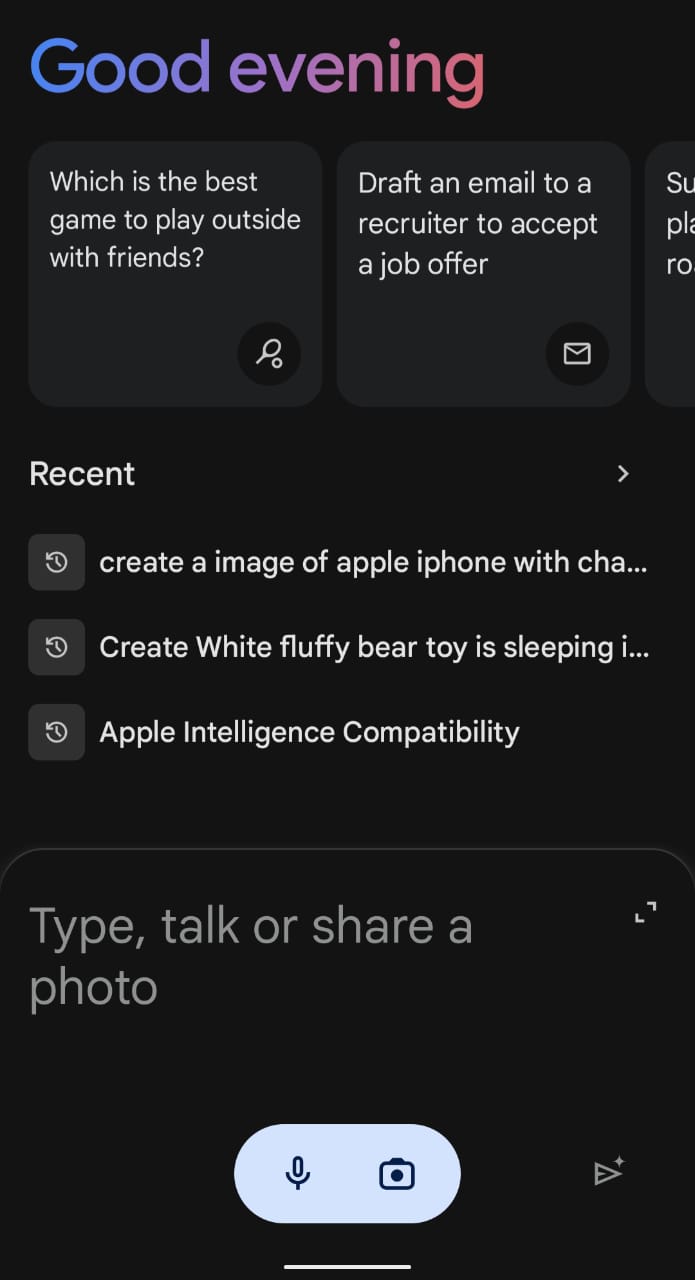Meta's AI Struggles to Differentiate Synthetic Images from Real Photos

In a recent development, Meta's AI technology has been found to be unable to reliably differentiate between images generated by artificial intelligence and genuine photographs. This limitation has significant implications for the fields of computer vision, image recognition, and AI development. According to reports, Meta's AI model is struggling to accurately identify AI-generated images, often misclassifying them as real. This shortcoming highlights the ongoing challenges in developing AI systems that can effectively detect and distinguish between authentic and synthesized visual content. The inability of Meta's AI to make this distinction has far-reaching consequences, including potential applications in image forensics, deepfake detection, and digital media authentication. The development of AI systems that can accurately identify AI-generated images is crucial for maintaining the integrity of digital visual content. Meta's AI technology is not the only one facin...














